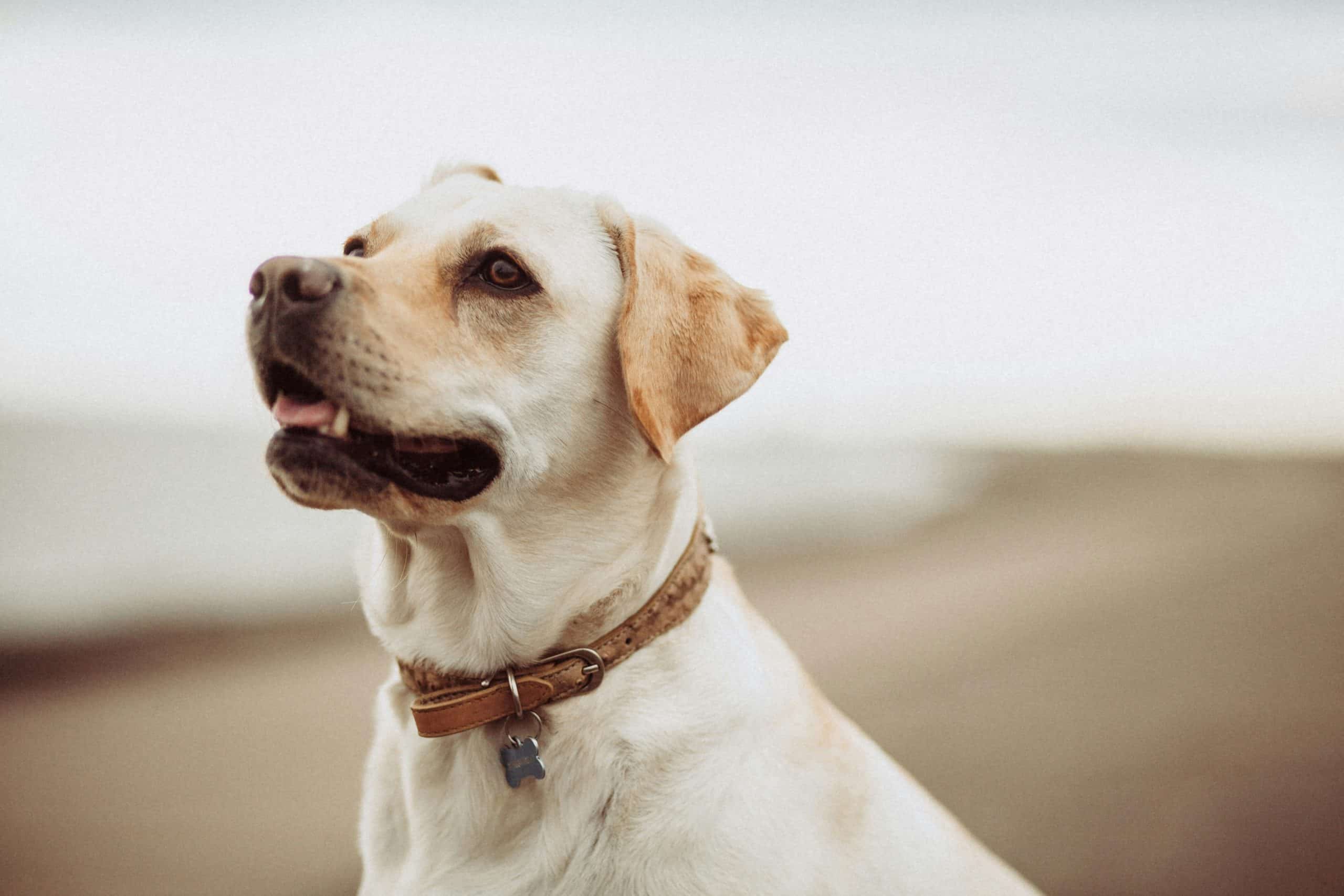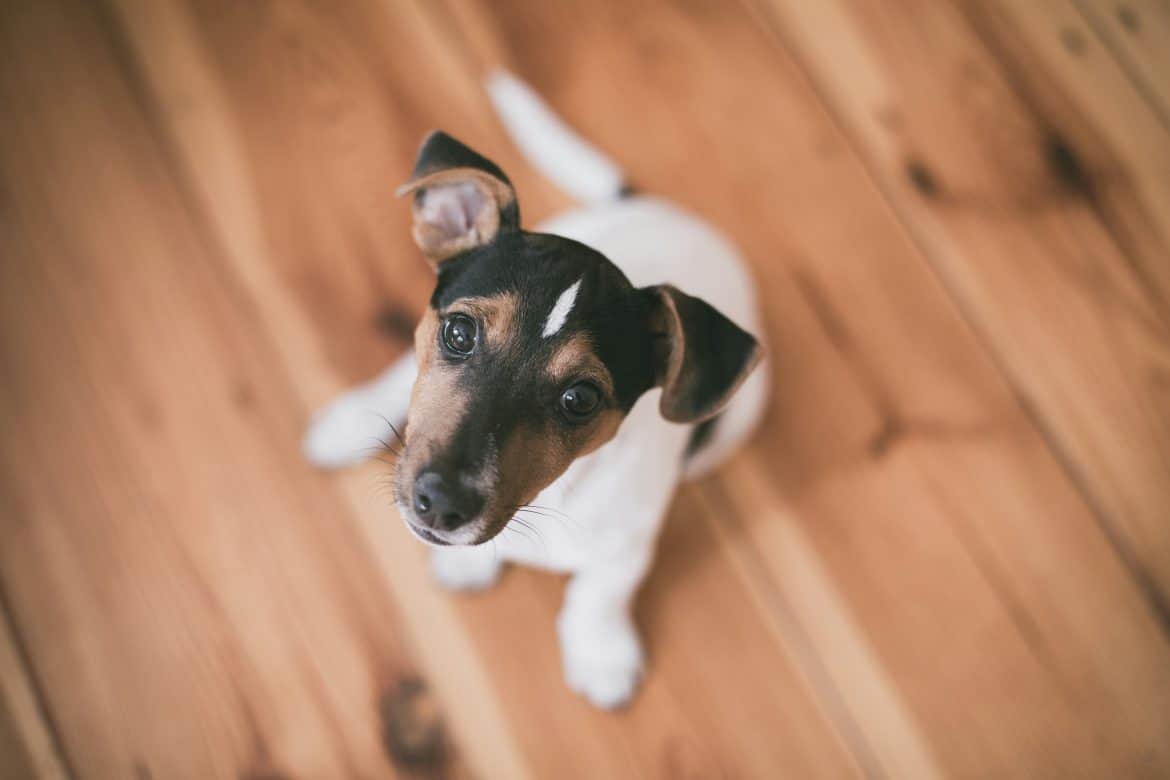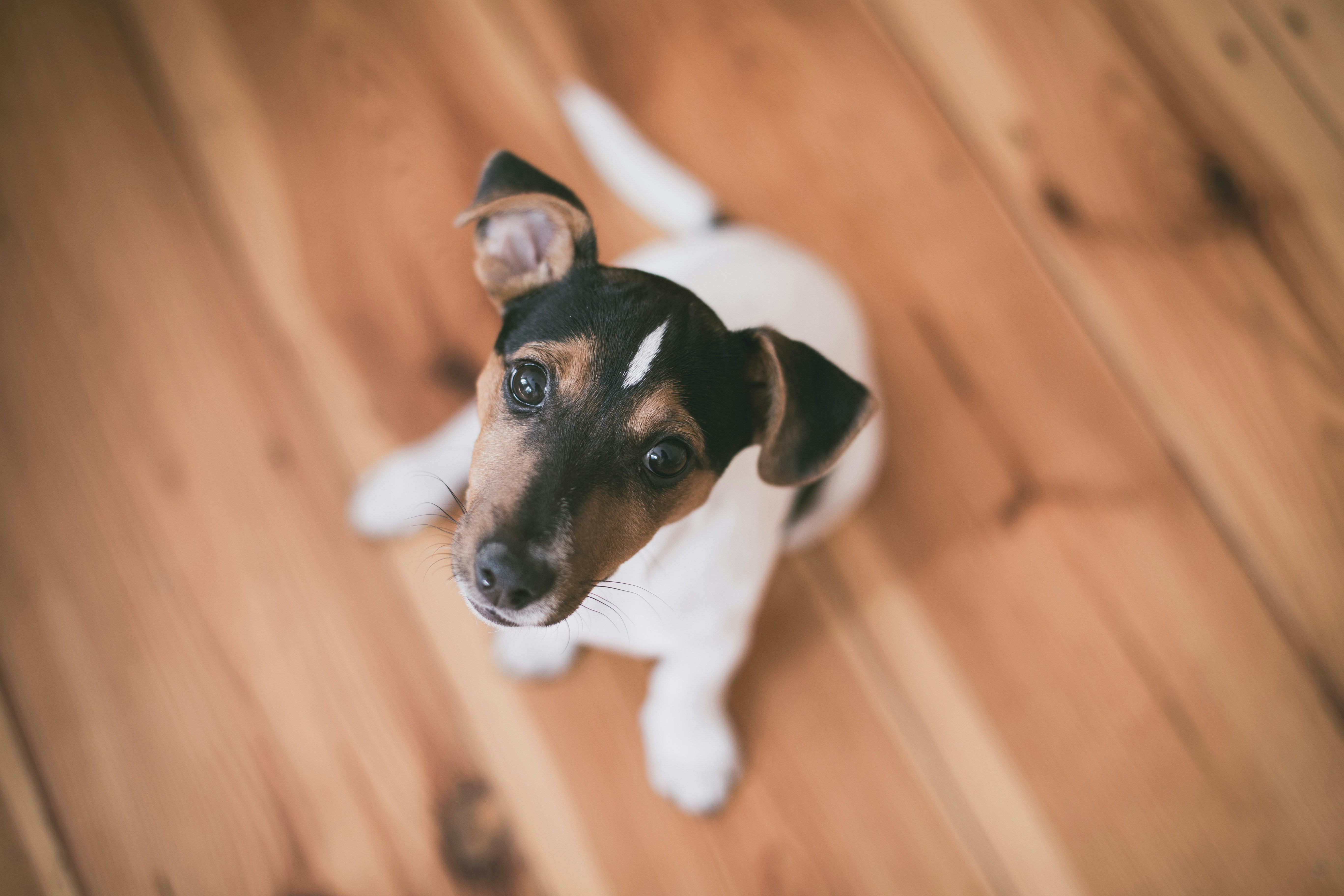Taking care of your new furry friend involves more than just feeding and playtime. One essential aspect of puppy care is ensuring their ears are clean and healthy. But how often should you clean your puppy's ears? In this article, we'll explore the importance of regular ear cleaning for puppies and provide helpful guidelines on how frequently you should perform this task to keep your little one's ears in tiptop shape.
Understanding the Importance of Cleaning Your Puppy's Ears
Keeping your puppy's ears clean is an essential part of their overall health and well-being. Regular ear cleaning not only helps prevent ear infections and discomfort but also allows you to identify any potential problems early on. By taking the time to properly clean and care for your puppy's ears, you can ensure they have a happy and healthy life.
Benefits of regular ear cleaning
Cleaning your puppy's ears has numerous benefits. Firstly, it helps remove dirt, debris, and wax buildup, which can lead to discomfort and irritation. Regular ear cleaning also helps prevent the growth of bacteria and yeast, reducing the risk of infections. Additionally, by making ear cleaning a part of your puppy's grooming routine, you can establish trust and build a positive association with handling their ears, making future veterinary examinations easier.
Potential ear problems in puppies
Puppies, like humans, are prone to ear problems. They have sensitive and delicate ear structures that can be easily irritated or infected. Some common ear issues in puppies include ear mites, infections, allergies, and foreign bodies lodged in the ear canal. These problems can cause pain, itching, redness, discharge, and even hearing loss. By regularly cleaning your puppy's ears, you can help prevent these issues from occurring or address them in their early stages.
Preventing infections and discomfort
Regular ear cleaning plays a crucial role in preventing ear infections and discomfort in puppies. The accumulation of dirt, debris, and excess wax creates a favorable environment for bacteria and yeast to thrive. If left untreated, these microorganisms can cause infections, leading to inflammation, odor, and discomfort for your furry friend. By cleaning your puppy's ears, you remove the potential breeding grounds for these harmful bacteria and yeast, minimizing the risk of infections and ensuring your puppy's ears remain healthy and pain-free.
Factors to Consider When Determining Cleaning Frequency
When deciding how often to clean your puppy's ears, several factors come into play. It's important to consider your puppy's breed and ear type, their lifestyle and environment, as well as any previous ear issues they may have had.
Breed and ear type
Different breeds have varying ear types, which can influence how frequently their ears need cleaning. Breeds with floppy ears, such as Basset Hounds or Cocker Spaniels, are more prone to ear problems and may require more frequent cleaning. On the other hand, breeds with upright ears, like German Shepherds or Siberian Huskies, typically have better air circulation and may need less frequent cleaning.
Lifestyle and environment
Your puppy's lifestyle and environment also play a role in determining cleaning frequency. If your puppy spends a lot of time outdoors, especially in grassy or wooded areas, their ears are more likely to accumulate dirt, debris, or pollen, necessitating more frequent cleaning. Similarly, if your puppy frequently swims or bathes, excess moisture in the ears can increase the risk of infections, warranting regular cleaning.
Previous ear issues
If your puppy has had previous ear problems or is prone to recurrent ear infections, they may require more frequent ear cleaning. Your veterinarian can provide guidance based on your puppy's medical history and advise you on the appropriate cleaning routine to follow.
This image is property of images.unsplash.com.
Signs that Your Puppy's Ears Need Cleaning
While a regular cleaning schedule is important, it's also essential to be aware of the signs that indicate your puppy's ears require immediate attention.
Visible dirt or debris
If you notice visible dirt, debris, or wax accumulation in your puppy's ears, it's a clear sign that their ears need cleaning. This debris can cause irritation, discomfort, and pave the way for infections if not addressed promptly.
Unpleasant odor
A foul or unpleasant odor emanating from your puppy's ears is another indication that cleaning is necessary. This odor can be caused by an overgrowth of bacteria or yeast, signaling an underlying issue that should be addressed.
Excessive scratching or head shaking
If you observe your puppy excessively scratching their ears or shaking their head, it may be a sign of discomfort or irritation. These behaviors are often an attempt to relieve itching or pain and should not be ignored. Prompt ear cleaning can help alleviate their discomfort and prevent further complications.
Recommended Cleaning Frequency for Healthy Puppies
Establishing a regular ear cleaning routine is essential for maintaining your puppy's ear health. While general guidelines can be helpful, it's important to consult your veterinarian for personalized advice based on your puppy's specific needs.
General guidelines
As a general rule, most puppies benefit from having their ears cleaned once a month. This routine ensures that any accumulated dirt or wax is removed, promoting a clean and healthy environment. However, keep in mind that this frequency can vary depending on factors such as breed, lifestyle, and previous ear issues.
Consulting your veterinarian
To determine the ideal cleaning frequency for your puppy, consult your veterinarian. They will consider your puppy's individual characteristics, such as breed, age, and overall health, as well as any specific concerns, and provide tailored recommendations. Regular veterinary check-ups will also allow for early detection of any potential ear problems and ensure your puppy's ears are in optimum condition.
Potential variation based on individual needs
Every puppy is different, and their ear cleaning needs may vary. Some puppies may have naturally cleaner ears and require less frequent cleaning, while others may be more prone to ear issues and need more frequent attention. Keep a close eye on your puppy's ears and adapt the cleaning frequency as needed, in consultation with your veterinarian.

This image is property of images.unsplash.com.
How to Properly Clean Your Puppy's Ears
Cleaning your puppy's ears may seem like a daunting task but with the right approach, it can be a stress-free and beneficial experience for both of you. Here's a step-by-step guide on how to properly clean your puppy's ears:
Gathering necessary supplies
Before starting the cleaning process, gather the necessary supplies. You'll need a gentle ear cleaning solution recommended by your veterinarian, cotton balls or pads, and treats to reward your puppy's cooperation.
Step-by-step cleaning process
- Find a quiet and comfortable area where you and your puppy can relax without distractions.
- Gently hold your puppy's head and lift up their ear flap to expose the ear canal.
- Take a cotton ball or pad and moisten it with the ear cleaning solution.
- Lightly wipe the visible part of the ear canal and around the ear, being careful not to insert anything into the ear canal.
- If your puppy's ears are particularly dirty or waxy, you may need to repeat the process with fresh cotton balls or pads.
- Once the ear cleaning is complete, reward your puppy with treats and praise to reinforce positive associations with the experience.
Tips for a stress-free experience
To make the ear cleaning process stress-free for your puppy, consider the following tips:
- Start the cleaning routine early in your puppy's life to familiarize them with the process.
- Take things slowly and break the process into smaller, manageable steps.
- Use positive reinforcement techniques, such as treats and praise, to reward your puppy's cooperation.
- Maintain a calm and reassuring tone throughout the cleaning process.
- If you encounter any resistance or your puppy becomes stressed, take a break and try again later or seek guidance from your veterinarian or a professional dog trainer.
Choosing the Right Cleaning Products
When it comes to choosing ear cleaning products for your puppy, it's important to prioritize their safety and comfort. Here are some factors to consider:
Avoiding harsh chemicals
Avoid using any harsh or abrasive chemicals in your puppy's ears. These can cause irritation and damage to the delicate ear structures. Stick to gentle, veterinary-recommended ear cleaning solutions specifically formulated for dogs.
Recommended ear cleaning solutions
There are various ear cleaning solutions available in the market, but not all are suitable for puppies. Consult your veterinarian for recommendations on safe and effective ear cleaning products appropriate for your puppy's age and breed.
Alternatives for sensitive puppies
Some puppies may have more sensitive ears and may require alternative cleaning methods. In such cases, your veterinarian may suggest using a warm, damp cloth to gently wipe the visible part of the ear, avoiding the ear canal. Your veterinarian can guide you on the best approach for your puppy's specific needs.
This image is property of images.unsplash.com.
Special Considerations for Puppies with Ear Infections
If your puppy has an ear infection, special care should be taken during the cleaning process. Here are some important considerations:
Signs of an ear infection
Common signs of an ear infection in puppies include redness, swelling, discharge, a strong odor, and sensitivity when their ears are touched. If you suspect an ear infection, it's crucial to seek veterinary attention before attempting any cleaning.
Seeking veterinary help
Ear infections can be painful and complicated, and self-treatment may worsen the condition. It's essential to consult your veterinarian as they can accurately diagnose the infection and prescribe appropriate medication. They may also advise you on how to safely clean your puppy's ears during treatment.
Cleaning during and after treatment
If your veterinarian advises cleaning your puppy's ears during or after treatment, it's important to follow their instructions carefully. They may provide specific cleaning solutions or techniques to ensure proper healing and prevent re-infection. Adhering to their guidance will help your puppy recover fully and prevent any recurrence of the infection.
Preventing Common Ear Problems in Puppies
While regular ear cleaning is important, it's equally crucial to take preventive measures to avoid common ear problems in puppies. Here are some tips to keep your puppy's ears healthy:
Regular grooming habits
Maintain a regular grooming routine, including brushing your puppy's coat and checking their ears for any visible signs of dirt or debris. This will help prevent the buildup of bacteria and yeast, reducing the risk of infections.
Maintaining a clean living environment
Ensure your puppy's living environment is clean and free from excess dirt, dust, or pollen. Regularly vacuum or sweep the areas where your puppy spends time to reduce their exposure to allergens that can irritate their ears.
Avoiding excessive moisture
Excess moisture in your puppy's ears can create an environment conducive to the growth of bacteria and yeast. If your puppy frequently swims or bathes, gently dry their ears after any water exposure. You can use a clean, soft towel or a low heat setting on a hairdryer, ensuring it's held at a safe distance.
Training Your Puppy for Ear Cleaning
Training your puppy for ear cleaning is crucial to ensure the process is stress-free and effective. Here are some techniques to help train your puppy:
Positive reinforcement techniques
Positive reinforcement is a powerful tool to make ear cleaning a positive experience for your puppy. Use treats, praise, and rewards to reinforce good behavior during and after the cleaning process. This will help your puppy associate ear cleaning with positive outcomes and make them more cooperative in the future.
Gradual desensitization
Introduce your puppy to the ear cleaning process gradually. Start by simply touching and gently massaging their ears, gradually progressing to using ear cleaning solutions and wiping their ears with cotton balls. This gradual desensitization helps build your puppy's tolerance and comfort with the procedure.
Building trust and cooperation
Establishing trust between you and your puppy is vital for successful ear cleaning. Ensure you approach the process with a calm and reassuring demeanor, speaking in a soothing tone. Take your time, be patient, and respect your pup's comfort levels. By building trust and maintaining a cooperative dynamic, you can make ear cleaning a positive and bonding experience.
Conclusion
Regular ear cleaning plays a crucial role in ensuring the overall health and happiness of your puppy. By understanding the importance of cleaning your puppy's ears, tailoring the frequency to their individual needs, and following proper cleaning techniques, you can help prevent ear infections, discomfort, and other common ear problems. Remember to consult your veterinarian for personalized advice and always prioritize your puppy's well-being. By keeping their ears clean and healthy, you are contributing to their overall wellness and ensuring a happy and thriving furry companion.




